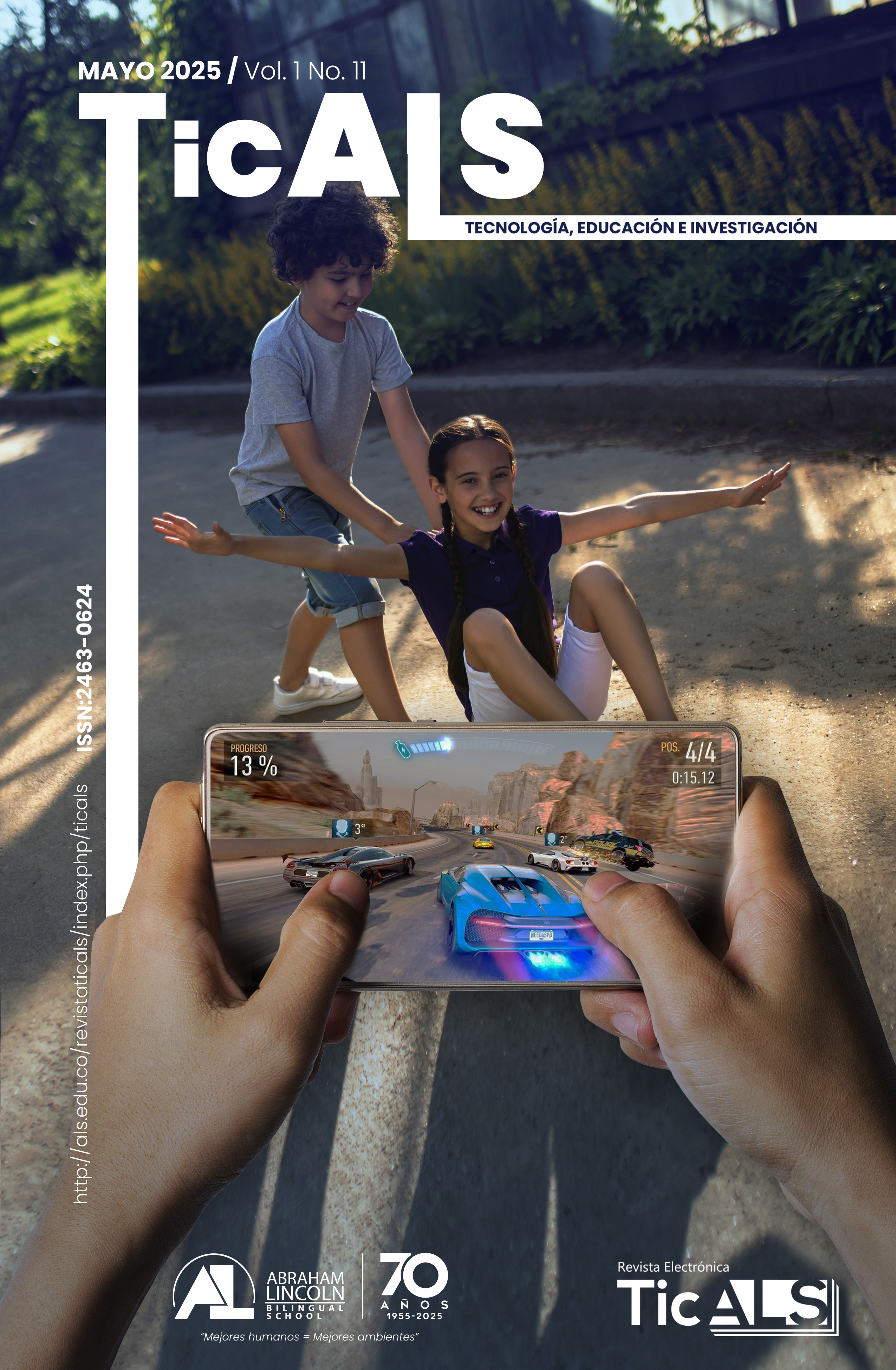Abstract
The theorists of Media Ecology affirm forcefully that the media are not only artifacts that adhere to human praxis but
also translate into environments that modify the conceptions of life, interpretations and readings that human beings
make of the world; however, it is not only a matter of transforming what we think, what irrevocably changes is how we
think.
Thus, a reflection on the consequences of the media is urgent, even more so in contexts where they are increasingly
accessed at an early age. This task corresponds to all spheres, but at a higher level to education, which must ask itself
whether early exposure to certain technologies has consequences on the development of cognitive processes, which
must be reflected in the learning that is fostered at school.
It is important to review the cognitive cost of our media, because although they open infinite doors of access to
content and possibilities, they also make some functions obsolete, which in the long term can translate into valuable
losses that obscure windows of development.
The next exploration exercise is supported in theorists like the ones mentioned previously and particularly in Nicholas
Carr, Marshall Mc Luhan and Neil Postman hypothesis.
References
Carr, N. (2011). *Superficiales: ¿Qué está haciendo Internet con nuestras mentes?* (P. Cifuentes, Trad.). Taurus.
Gutiérrez, F. (2005). *Teorías del desarrollo cognitivo*. McGraw-Hill. https://josedominguezblog.files.wordpress.com/2015/ 06/teorias-del-desarrollocognitivo.pdf
Islas, O. (2015, diciembre). La ecología de los medios: metadisciplina compleja y sistémica. *Palabra Clave, 18*(4), 1072–1103. Universidad de La Sabana. https://palabraclave.unisabana.edu.co/index.php/palab raclave/article/view/5764/html
Manwell, L. A., Tadros, M., Ciccarelli, T., & Eikelboom, R. (2022). Digital dementia in the internet generation: Excessive screen time during brain development will increase the risk of Alzheimer's disease and related dementias in adulthood. *Journal of Integrative Neuroscience, 21*(1), 28. https://doi.org/10.31083/j.jin2101028
McLuhan, M. (1996). *Comprender los medios de comunicación: Las extensiones del ser humano* (Obra original publicada en 1964). Paidós.
Oxford University Press. (2024, diciembre 4). ‘Brain rot’ named Oxford Word of the Year 2024. https://corp.oup.com/news/brain-rot-namedoxford-word-of-the-year-2024/
Postman, N. (1994). *Tecnópolis: La rendición de la cultura a la tecnología*. Círculo de Lectores.
Postman, N. (1998). *Cinco cosas que necesitamos saber sobre el cambio tecnológico*. https://www.aciprensa.com/reportajes/newtech/post man.htm
Rodríguez, C. (2017). *¿Cómo afectan las nuevas tecnologías al desarrollo del niño?* https://educayaprende.com/nuevas-tecnologias- desarrollo-nino/
Rowan, C. (2013). *La influencia de la tecnología en el desarrollo del niño*. https://www.huffingtonpost.es/cris-rowan/influenciade-la-tecnologianinos_b_4043967.html
Sterling, B. (s.f.). *He visto a las mejores mentes de mi generación destruidas por Google*. http://sociedadmalavibra.blogspot.com/2010/07/estetexto-fue-publicado-principiosdel.html

